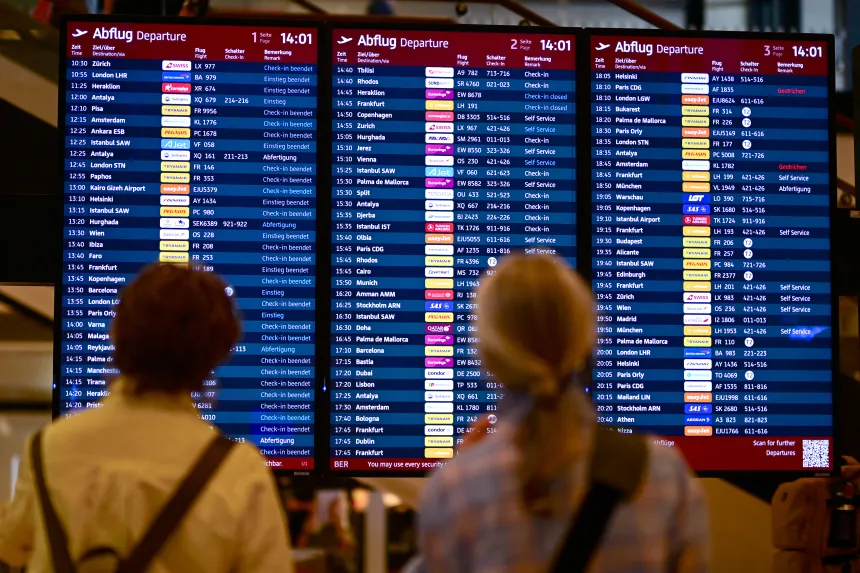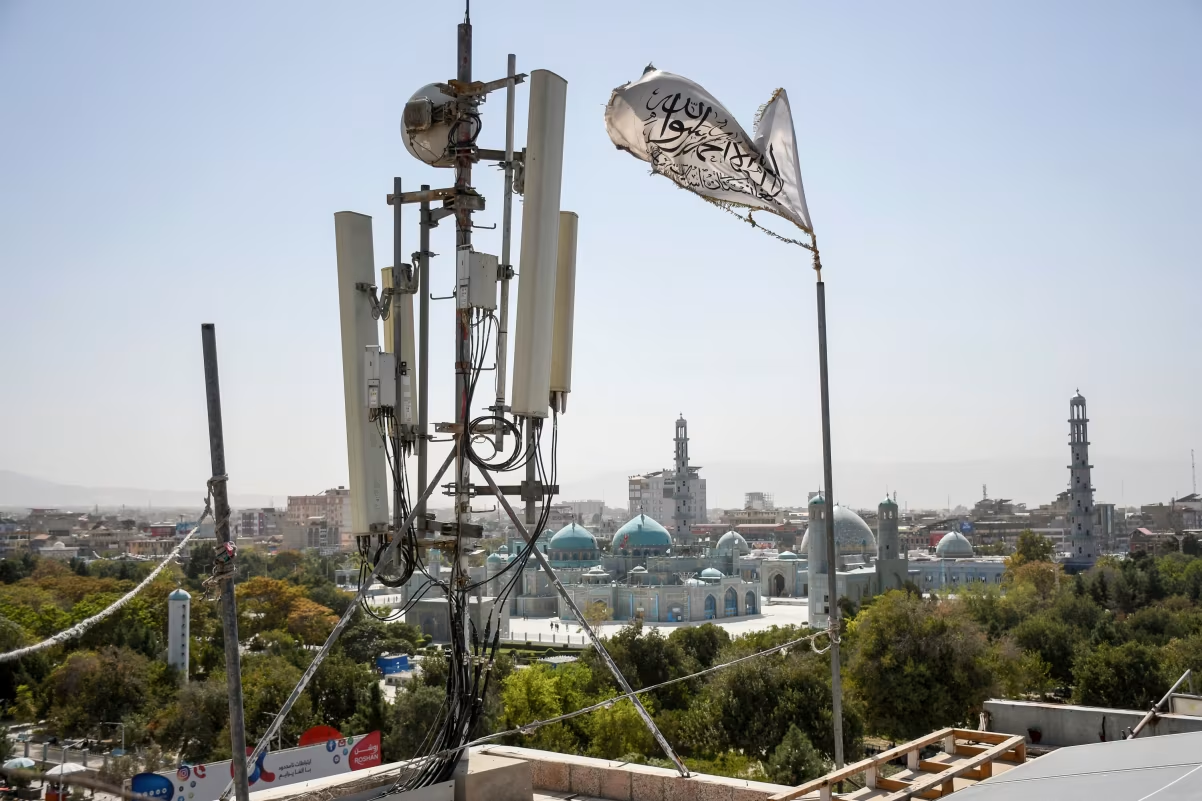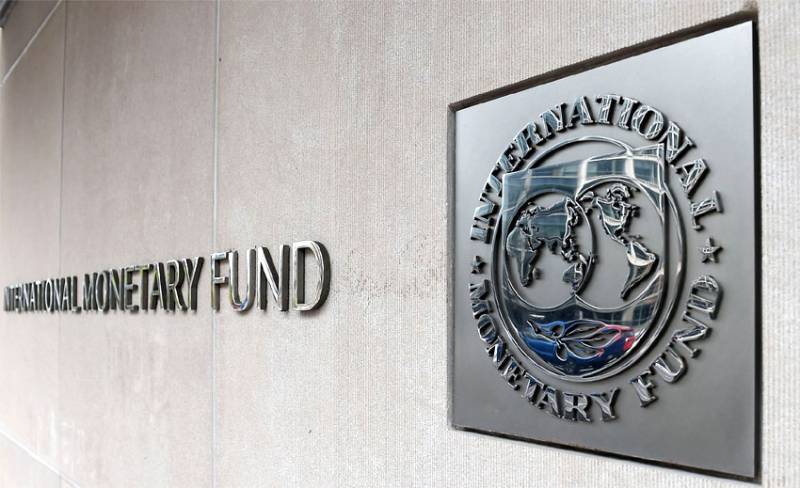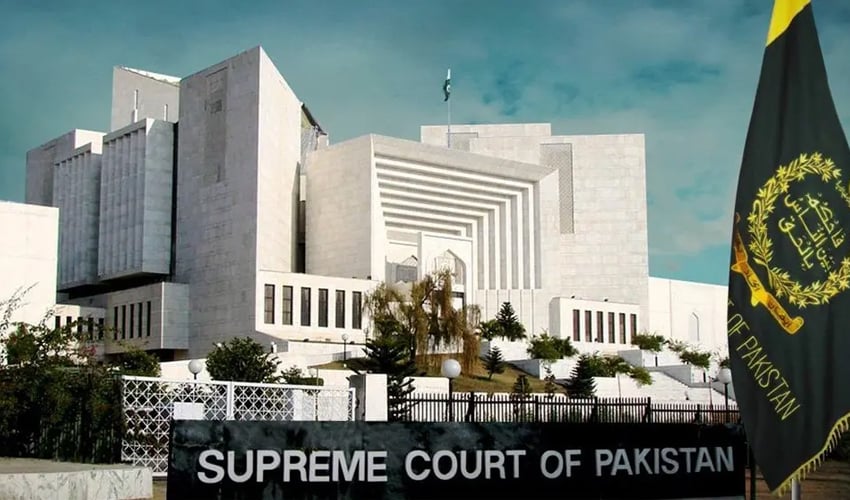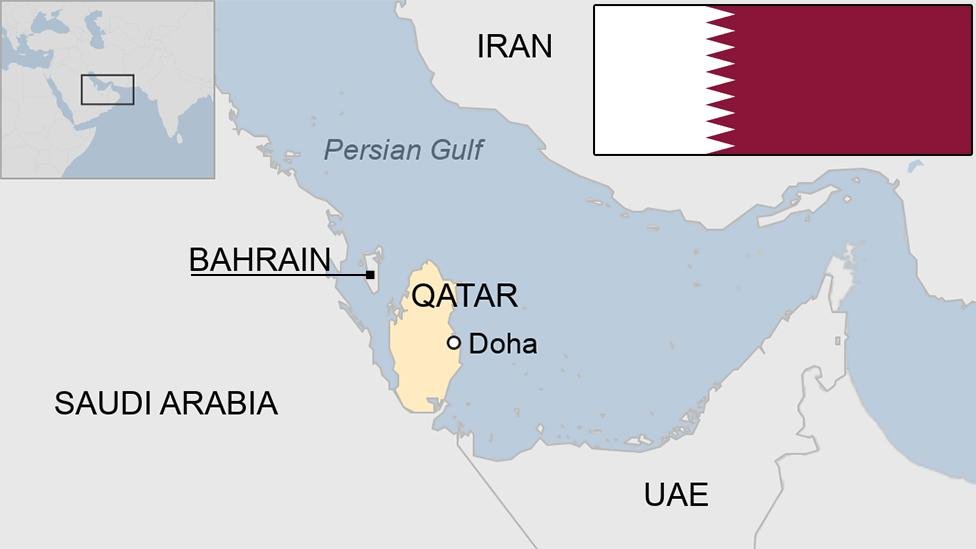At least 10 more Palestinians have died from starvation in Gaza, as hunger becomes a deadly force across the besieged enclave. Health officials report that the total number of deaths from malnutrition has now reached 111 since Israel’s military campaign began in October 2023. Most of these deaths have occurred in recent weeks, underscoring the intensifying humanitarian crisis.
The World Health Organization confirmed that among the dead are 21 children under the age of five, citing catastrophic delays in aid delivery. From March to May, WHO and other aid agencies were unable to send in any food supplies, and current aid flow remains far below the required levels. The health impact is now as severe as the bombing, with hospitals overwhelmed and unable to treat the volume of malnourished patients.
In the past 24 hours alone, Israeli airstrikes killed at least 100 more Palestinians, including 34 civilians who were reportedly trying to access aid. Gaza’s Ministry of Health said that attacks near distribution points have made hunger even more lethal, as those seeking food are often targeted.
More than 100 aid organizations, including Mercy Corps and Refugees International, jointly condemned the worsening crisis, calling it “mass starvation.” They emphasized that while food, water, and medicine sit idle just outside Gaza, Israeli restrictions are preventing humanitarian access. Aid convoys remain stuck as permissions are delayed or denied.
Since March, Israel has blocked most goods from entering Gaza, only allowing a limited trickle of aid beginning in May. The distribution of that aid is being handled largely by the controversial U.S.-backed Gaza Humanitarian Foundation (GHF), which has faced criticism over lack of transparency and inequitable aid access.
United Nations officials and humanitarian workers argue that the Israeli government’s control over Gaza’s borders is severely restricting food delivery. They also report that Israeli soldiers have shot hundreds of Palestinians near aid stations, making it almost impossible to conduct safe distribution. Ross Smith of the UN World Food Programme said aid operations cannot continue unless armed actors are removed from near food convoys and drop zones.
Hospitals in Gaza are described as operating in survival mode. WHO’s Rik Peeperkorn stated that they have effectively become trauma wards, unable to treat the flood of hunger-related cases. The shortage is so extreme, he said, that even journalists, teachers, and aid workers can’t function properly due to exhaustion and hunger.
Nour Sharaf, an American doctor working at al-Shifa Hospital, shared that medical staff themselves often go days without food. “Doctors sometimes don’t get food, but they still do their jobs,” she said, adding that despite the risk, health workers continue their duties with no rest or nourishment.
This unfolding crisis points to a deliberate humanitarian blockade. While supplies are available nearby, bureaucratic barriers and military restrictions are keeping Gaza on the brink of famine. With each passing day, starvation is no longer just a consequence of war—it is becoming a calculated weapon of war.






